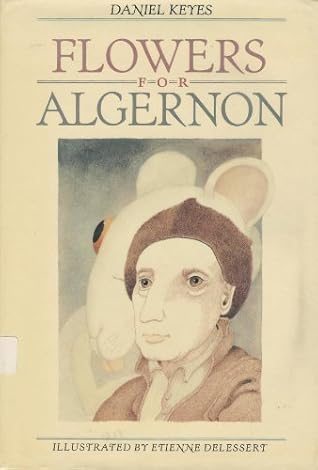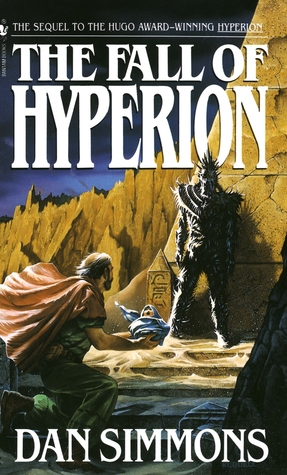books
I like to read and am a big science fiction fan. Here is a list of some of the books I’ve read recently.
2025
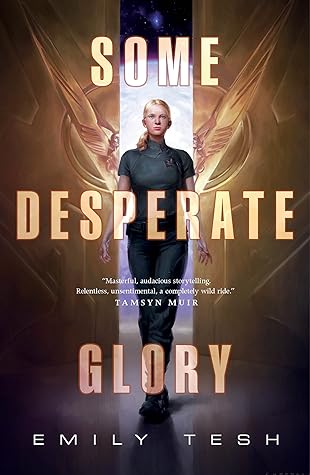
Some Desperate Glory
Emily Tesh
Review
An absolutely excellent book. It completely clears all the other coming of age/teen dystopian novels out there. The characters are very very well written, and each one has an extremely satisfying arc. I feel what makes it so good is the internal conflict, especially Kyr’s cognitive dissonance and it is really fun to read how her character evolves and finds her place in the world. Almost every theme is explored, from depression and anxiety to sexuality and morality. The prose is fine- very simple and direct, which then makes it a page turner (shoutout to the amazing plot twists). The worldbuilding is great as well, although not a lot of focus is spent on the science fiction aspect of it, rather focusing on the characters and their relationships.
A book which makes you laugh and cry and think. One of my favourites that I’ve read this year. Can’t recommend this enough.
Quotes-
“History has a tendency to outrun us”
“What a waste it was, what a terrible waste, to take a person who dreamed cities and gardens and enormous shining skies and teach him that the only answer to an unanswerable suffering was slaughter.”
“I think maybe purpose is overrated”
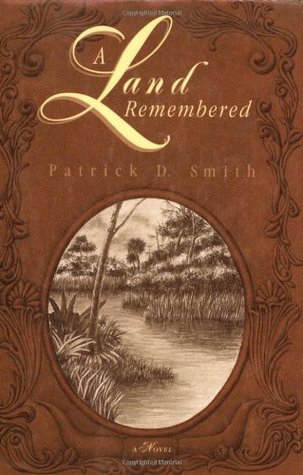
A Land Remembered
Patrick D. Smith
Review
The good- It is, at its core, a very heartwarming story. I find myself always rooting for the characters to do well. Having recently moved to Florida, it also gave me an excellent insight into the history of the state, what sort of geographical and political changes happened during the rise and height of industrialization in America, as well as the extreme weather conditions including the very real hurricanes and ice storms which were faced by the people here. A fictional family following the American dream in a nonfictional environment and an interesting discourse about the slow human takeover of nature. Another aspect I really liked was the slow passing of the protagonist’s torch between 3 generations of the same family.
The bad- The lack of internal conflict was a little hard to believe. The protagonists seem to meet the loveliest people who are always ready to drop everything to help them out and vice versa. Even within the clan, absolutely no one had any disagreement with any of the decisions being made? The dialogues were also a bit…cringe sometimes, to say the least. Especially during deaths (which you can see coming from a mile away), it almost felt comical when I was supposed to feel sad for them. Beautifully told, badly written, if that makes sense. Also felt a little rushed at the end.
The ugly- Some of the weakest female characterizations I have ever seen. All of them seemed to be just interested in getting married and just manage the MacIvey household. I understand that I have to manage my expectations as per that time period, but still find it quite hard to believe. All of them following the path of an “ideal housewife”. I shouldn’t go on a rant here, but this aspect of the book was a tough read.
Decent historical fiction.

Vintage Season
Lawrence O'Donnell, Henry Kuttner, C.L. Moore
Review
** spoiler alert ** Another book which touches upon the concept of a human “zoo” of sorts (Brave New World comes to mind). An idea which is not far-fetched if we ever discover time travel. And an interesting discourse about how the human mind can excuse sadism in the name of art. Art which I am guilty of finding fascinating- creating symphonies through visuals and sounds from important moments in time? I’d absolutely listen to that.
A good read.
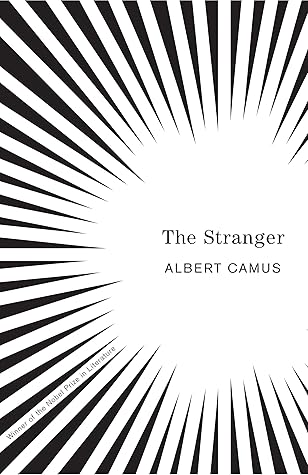
The Stranger
Albert Camus
Review
Reads like a dream this one. I wish I could write my diary like the way this book was. Every sentence feels personal and descriptive- I particularly loved the environment descriptions, made you feel like you were there yourself.
The protagonist is very well written, and fleshed out in the sense that he seems very nonchalant about everything and this fact is reiterated through multiple examples. I am quite conflicted as to how I feel about him, I am not sure if I like or dislike him, and I feel he is one of those characters I will never forget.
The plot itself isn’t too much, it is more so the message that Camus is trying to convey. Existentialism. What is the point in living. I don’t quite agree with his philosophy but that doesn’t make his view wrong I suppose. I just feel the whole arguing against existentialism is useless because no matter what defense you’d put up for life itself, it will always be countered with “everyone dies in the end anyway”, which is (annoyingly) hard to counter back. Perhaps the happiness of life can be found in the beauty of the normality we see around us.
Quotes-
I hadn’t understood how days could be both long and short at the same time: long to live through, maybe, but so drawn out that they ended up flowing into one another.
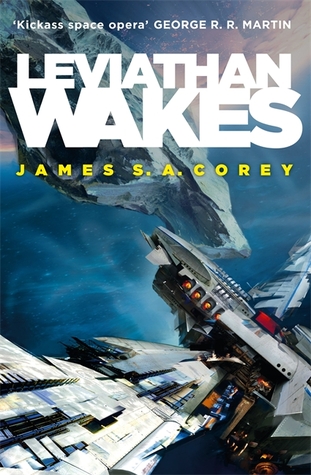
Leviathan Wakes
James S.A. Corey
Review
I like the 2 simultaneous story writing method. It’s hard to get it right, especially if 1 of them is more engaging than the other, but the book does a good job balancing both. I was a bit skeptical realizing the book was going to go like this but quite enjoyed it. The switching between Holden and Miller was perfectly timed.
Holden’s character growth is fun to watch- especially he takes on more and more of the captain/leader role he was so hesitant towards. The core team consist of well written characters- each with their own quirks and strong personalities. The team dynamics are well written. The pacing can be a very slightly frustrating at times, although I suppose for a “space opera” this is to be expected.
A straightforward novel with something happening after the other- which leaves no time for a greater discussion about the surrounding situation as a whole. I expected a bit more from a science fiction novel. However this does keep you engaged as there is no time to take a breather, the characters are constantly thrown from one life threatening situation into another. Also shoutout to the Earth-Mars-Belt dynamic, really liked it.
Solid.
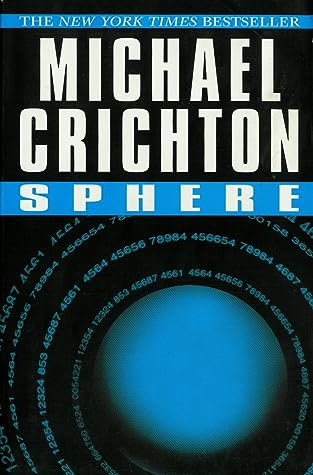
Sphere
Michael Crichton
Review
The writing does it make you feel very claustrophobic, or perhaps it’s just the fact that imagining yourself a thousand feet deep underwater does the job itself- no matter how it is written. The book does trudge along for a while, after which it just decides to withhold information and blames it on some of the characters’ personality. I understand not revealing everything, but the way secrets were held made me irritated rather than curious.
The psychology aspect of scifi stories is explored quite nicely. I like how the role of Norman, the psychologist, slowly comes into effect the longer the team spends their team underwater, cramped together. The human psyche breaks either instantly (like the seasick marine biologist) or unravels slowly, leaving signs here and there- a slight jab, a small argument, tiredness and general irritability. The different concepts of psychology, like the “three’s a crowd” and “repeating the last word to keep the other talking” are really interesting to read, also because they are not specifically applicable to just alien encounters, which the average human might not have everyday.
The conversations flow extremely well. For such a variety of personalities, each dialogue is well representative of that person- making it easy to follow even when several people talk over each other (which is quite funny sometimes too, Crichton knows how to make conversations engaging).
A page turner with an interesting discussion about the human psyche.
“Your greatness lies in imagination”
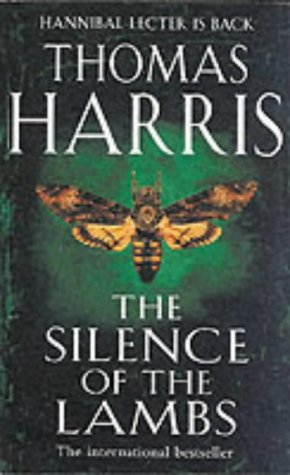
The Silence of the Lambs
Thomas Harris
Review
** spoiler alert ** The different genres of the book are well blended together. You have crime, horror, thriller and psychology (which are already close in terms of their nature) and the book readily flows between them. The pacing is incredible, it’s actually a very engrossing book and the chapters are perfectly long. The action sequences are engaging as well (especially Hannibal’s escape).
The conversations between Clarice and Dr. Lecter are my favourite parts of the book. Two strong personalities trying to pry information from each other while also knowing very well what the other’s goal is. It’s entertaining watching them tiptoe around each other, stalking and prodding each other, testing each others’ limits, in very different senses.
I also particularly like the dynamics between different characters. Crawford and Clarice the troubled mentor and the determined student, Clarice and Dr Lecter the patient and the therapist. The side characters such as Barney the orderly, Clarice’s roommate and the driver Jeff, have small but meaningful and rememberable moments. They are unexpectedly sentimental.
The actual villain could have been a little more fleshed out (no pun intended). Hannibal takes over somewhat, which is expected due to his imposing character and personality. It seems like the book cannot decide its antagonist, or maybe it just does not want to.
A good psychological thriller, perhaps not quite as bone chilling as you’d expect. A great read nonetheless which keeps you guessing throughout.
Quotes-
“He knew that a middle-aged man can be so desperate for wisdom he may try to make some up, and how deadly that can be to a youngster who believes him”
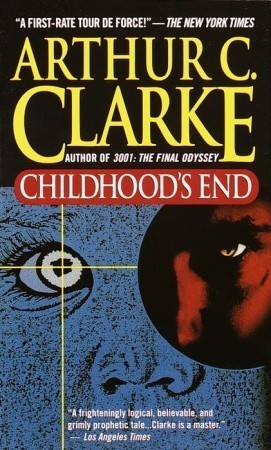
Childhood's End
Arthur C. Clarke
Review
** spoiler alert ** Man does not trust what he cannot see. Stormgren moves from a blindly trusting man to slowly becoming curious again- perhaps a sign of the basic human instinct returning. Ironically, it was a blind man who opened his eyes.
Stormgren is a fantastic name. It holds a lot of gravitas. Perhaps that is why everyone called him Rikki- that made the surname less scary. He felt very personable, was funny and also level headed. Perhaps all qualities you’d expect from the UN secreterary general, but made for a likable character nonetheless.
Still an interesting choice to make the Overlords look like the devil itself. I wonder why Clarke chose to do this? Coming back to this after finishing the book- I really liked Clarke’s explanation. As humans knew the end of their world was near, they indirectly associated the Overlords with causing it. And this image of the Overlords was passed through the sands of time, through the collective consciousness of humanity to the point where our ancestors had this ‘feeling’ that the devil, the one who brought forth the destruction of humanity itself was Satan/Karellen. It tied it very well with the entire stream of consciousness discussion in the last few chapters.
It was also interesting how Clarke expected creative art to decline after Earth became a utopia. His basis was since there is no adversity faced by humans- there was no artistic expression. I initially felt the opposite. Since humans had so much free time on their hands, they could then focus their energy towards creative output rather than figuring out how to put food on the table. But I suppose his reasoning makes more sense than mine. True art, real art, is the expression of human pain and suffering. When you feel very strongly about something, art is the most natural human instinct. We have been expressing ourselves since cave men. Does utopia result in regression of the human emotion?
It’s written like someone is describing a movie. Each scene is described just enough and the rest left to imagination. It is hard to strike the balance between overdescribing environments to the point that you become disconnected with the actual situation and just focusing on dialogue, a balance which Clarke manages well.
The ending was beautifully overwhelming. Childhood’s end? I understand it now. Jan’s helplessness and simultaneous awe at the situation mirrored my own emotions. The way he described the end of our species and our planet made me feel not sad, but weirdly proud, that humanity had ascended to another form, far better than its current one. The children, instead of carrying with them their parent’s ideologies and traits, left all that behind, becoming their own organism completely. I suppose you can never control what your child will turn out to be.
The book had some of the best characters and arcs I have ever read. Stormgren, George, Jean, Jan, Karellen, Rashaverak were extremely well fleshed out. No one overstayed their welcome. An excellent cast.
Poignant. 5/5
Quotes-
“Evil men could be destroyed, but nothing could be done with good men who were deluded”
“Suppose, in their altruistic passion for justice and order, they had determined to reform the world, but had not realized that they were destroying the soul of man?”
“But in this modern world the greatest thing is to have an ideal. Achieving it is considerably less important”
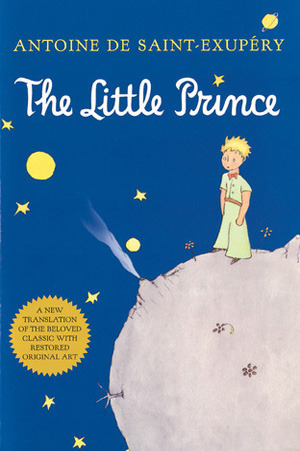
The Little Prince
Antoine de Saint-Exupéry

Nightfall
Isaac Asimov, Robert Silverberg
Review
Loved this book. The concept is absolutely amazing (although makes me think of the 3 body problem too). All the characters have extremely satisfying arcs and are extremely well written. An astronomer, a journalist, an archaeologist and a psychologist’s point of views gave several unique perspectives towards the same problem which I liked. The pacing from the whole discovery and build up to actual nightfall is great, and it never felt like a bore. The post apocalyptic part was a bit out of tune with the rest of the book, I suppose this was the additional chapters after the short story adaptation. It did paint a grim but very realistic picture of post nightfall environments and behaviors, and felt very grounded. All in all, a fascinating concept and discussion of the human mind.
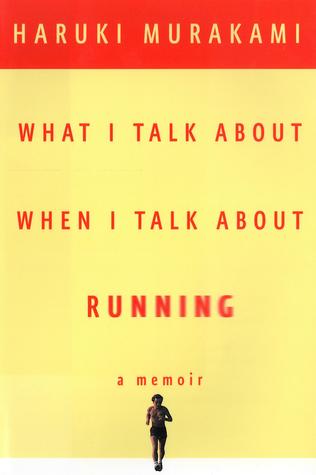
What I Talk About When I Talk About Running
Haruki Murakami
2024
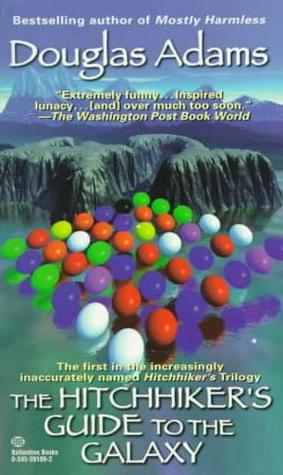
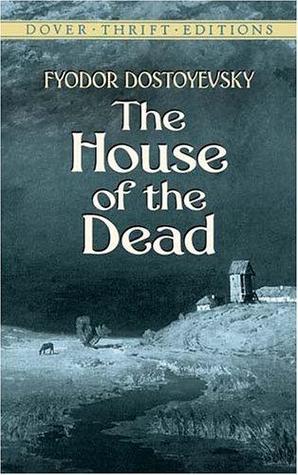
The House of the Dead
Fyodor Dostoevsky
Review
It has been a while since it was a pleasure to just read the book in a sense. It was just so so well written. Absolutely perfect. No sentence was too short, no description too long, no chapter a drag, no words written without purpose. After Kafka, I felt that perhaps these ‘classic’ titles weren’t for me. How wrong was I, and how happy am I to be proved wrong. Dostoevsky’s characters are fascinating, albeit a little hard to keep track of, his descriptions are succinct and above all his scenarios are laminar.
The book gives us immense insight into the Siberian prison system at its peak. It reads like a collection of several disjointed short stories detailing different aspects of the prison life. It humanizes the convicts and their actions, and we find that they are really not that different from the rest of us. They live the same way we do, create similar relationships and bonds like us, find joy in the little things. You relate to them at some level. As for the characters, I wouldn’t say all of them are likable, rather all of them are human with their own strengths and flaws. And they are all extremely well written and feel engaging.
Definitely one of my favourite classics. Oh and did I mention how well written it is?
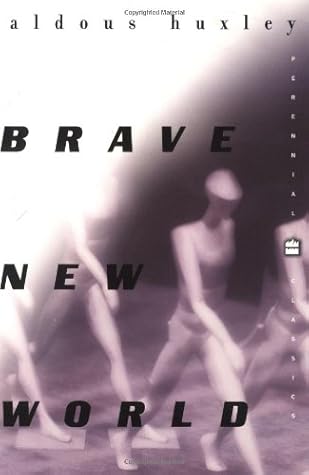
Brave New World
Aldous Huxley
Review
Ah well, another classic dystopian book. To be honest, the ideas and concepts introduced at the start were somewhat scary but you couldn’t help but smile a melancholic smile, the one where you could relate and match it to the events happening in your generation. And I feel that is what makes this book so special, that no matter what age you are, you’d find yourself somewhat agreeing with Huxley about the state of the world and where it’s headed. That’s why it has held up so well even after all these years. The idea of industrializing the human body itself is terrifying and the book leads you down different trains of thought throughout.
As for the characters, Bernard Marx wasn’t a perfect person and I suppose that is what makes him human. At his core, he is just like any of us, lonely when alone but desperate for validation from society. Cursing society till you get something from it. John Savage reminded me of Ted Kaczynski (eerily, who was born 10 years after this book was published), a person hating the evolution- or rather devolution- of society and wanting to be one with nature and the soul itself. Huxley’s writing style was really easy to follow, and his descriptions were apt. Not once did I feel disconnected reading the book. I especially liked the jumping of perspectives with each paragraph in some scenes, it felt like I was watching a movie in my head. All in all, a really solid book, one which makes you think deeply long after you’ve put it down.
”Actual happiness always looks pretty squalid in comparison with the over-compensations for misery”
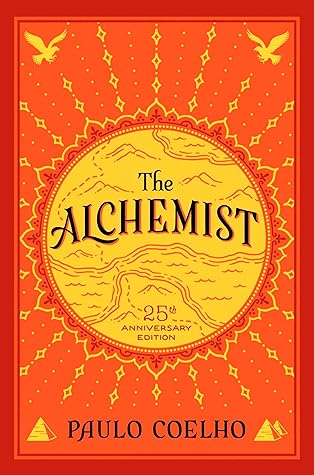
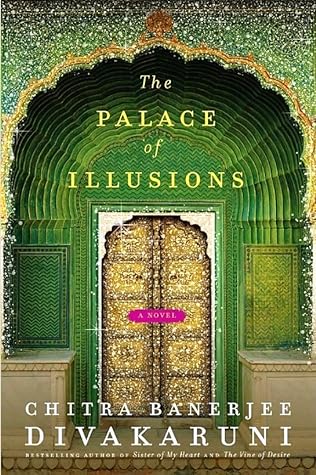
The Palace of Illusions
Chitra Banerjee Divakaruni
Review
A fairly unique take on Panchaali’s point of view, and to some extent, her role in the Mahabharat saga. I have to say, it is an extremely well written book- the storytelling is captivating and it flows well. The dialogues between characters as a whole, feel very real and very conversational- it was witty and sarcastic and never missed a beat. It felt like I was listening to my grandfather narrate an amalgam of old stories when I was a kid- always knowing the outcome of each story did not stop me from eagerly wanting him to complete it. Reading this book felt the same, and having Panchaali’s point of view stopped the epic from getting repetitive and kept it fresh. It is a good take but did I like Panchaali’s character arc? Not particularly.
I do appreciate the exploration of her and Karna’s love, but it feels like Divakaruni decided on this plot point in the beginning and couldn’t figure out how to advance it. There seems to be no progression in this cycle of ‘he loves me-he loves me not’. It does get a bit irritating and frankly boring towards the end, and makes it really hard to root for Panchaali who does not seem to have any sort of character development at all. I understand that everyone had their flaws, especially in the Mahabharat, but come on there has to be something more than rotating the entire book around a single plotline. Kunti was a more intriguing and a much much well written persona instead.
Reading the book felt a bit weird because of this, as it is so well written that you want to keep reading more but it becomes increasingly harder to root for the protagonist themselves. Overall, a good collection of individual stories but just a decent novel.

Jazz
Toni Morrison
Review
Jazz feels very all over the place, and I suppose it was written to be that way. To be like jazz- to be out of sync, unstructured, held together only be the sheer progression of music, or in this case, words. Before reading the book, I saw mentions of Toni Morrison’s ‘lyricism’. And I experienced it firsthand. Morrison has a way with words, with sentences, it almost feels like I am reading poetry which has been molded to fit into paragraphs and the conventional structure of a novel. It’s a joy (although very rarely a pain) to read and her ‘lyricism’ makes you keep wanting to read this somewhat straightforward novel in terms of the story. A plethora of metaphors and similes guide the sentences, and not once does it feel overdone or unnecessary.
At one point, I was a bit frustrated, as it seemed nothing was going nowhere and it was a little hard to follow whose point of view I was reading. It did require patience to understand what Morrison was doing, revealing subtle bits of information here and there, enough to keep me hooked. I felt like I needed to be more informed about jazz music in general, as after I finished the book, I looked up more about the structure, or rather lack of, in jazz. The disorganization was clear from the beginning, but learning that every soloist has their say while also following the same progression made a lot more sense when analyzing the characters, as the book jumped between each of them and gave every one of them their fair share of screen, or rather page time. It helped me connect a lot more with the characters, and understand why they performed the actions they did. It felt like I was genuinely inside their heads, processing their every thought.
The ending felt a bit rushed, and somehow not in tone with the rest of the book, a happy ending was just jammed into it. It was a good read and I think I should read it again in a few years time to appreciate it more.
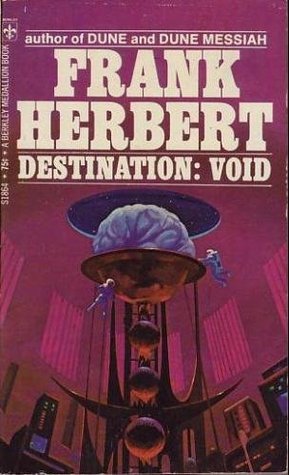
Destination: Void
Frank Herbert
Review
An interesting discourse about human consciousness and what it really means to be conscious. The story flows really really well and there is absolutely no time to take a breather. The technical discussions sometimes get a bit convoluted and hard to follow, especially since most of the time they don’t seem to be making a lot of sense practically (but it is science fiction after all). I loved the ‘horror’ robox sequence towards the end, it was my favourite bit of storytelling in the book.
Overall, a decently written book which gets a bit twisted at times and has a few sparks of fascinating discussion about the human condition.
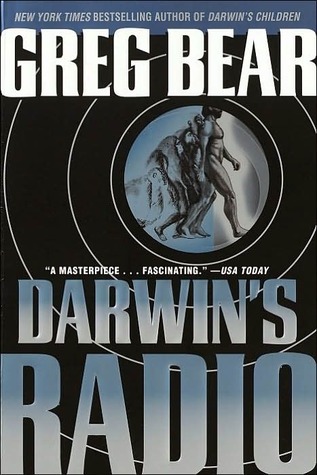
Darwin's Radio
Greg Bear
Review
The book has its ups and downs. The concept is amazing, and actually terrifyingly well written in terms of the government and public response. However, I felt like I was reading a different book in the final third. The pacing felt wildly off, and some of the decisions just didn’t make sense considering the rest of the book. All in all, still a pretty decent book.
2023
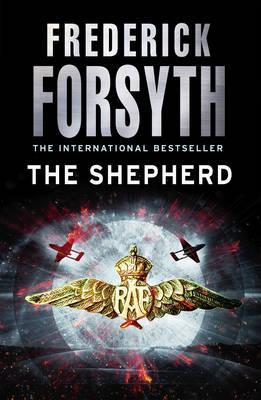
The Shepherd
Frederick Forsyth
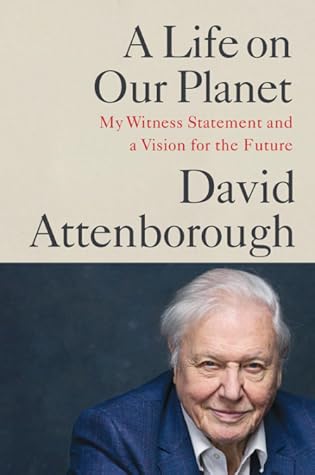
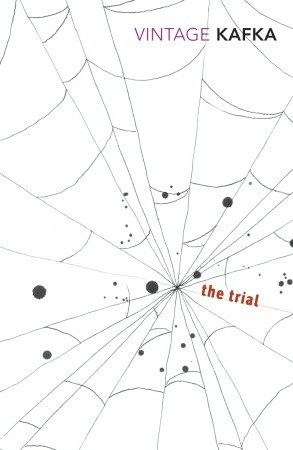
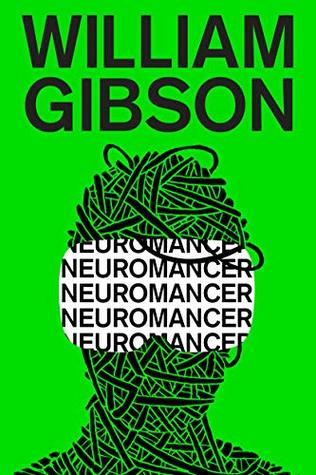
Neuromancer
William Gibson
Review
** spoiler alert ** Man helps AI without knowing its intentions. AI wins. Top top scifi book about the manipulation of humans by AI and vice versa. Likable characters (who have their own flaws) and very well described environments. Not one scene felt unnecessary although the ‘great reveal’ took a fair amount of time.
It does live up to the hype.
2022
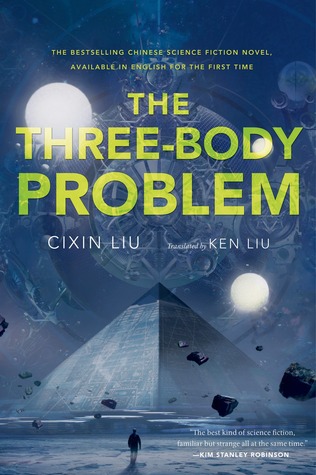
The Three-Body Problem
Liu Cixin
2021
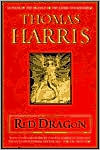
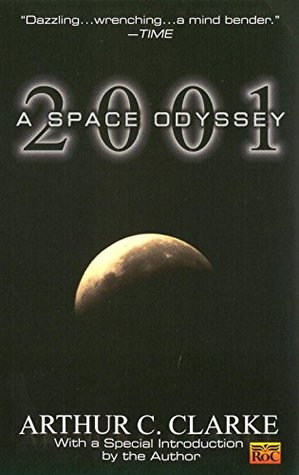

Hyperion
Dan Simmons

